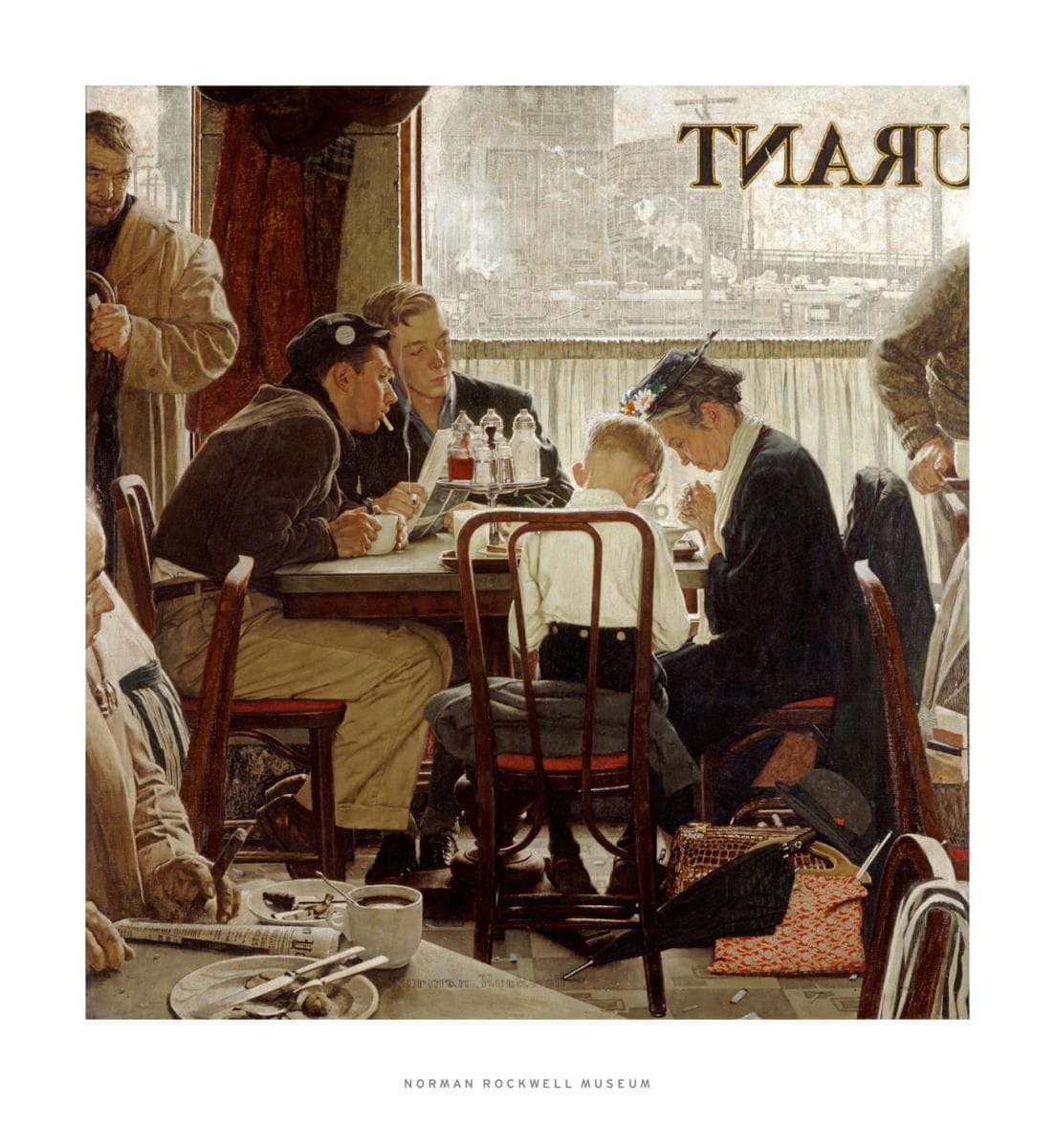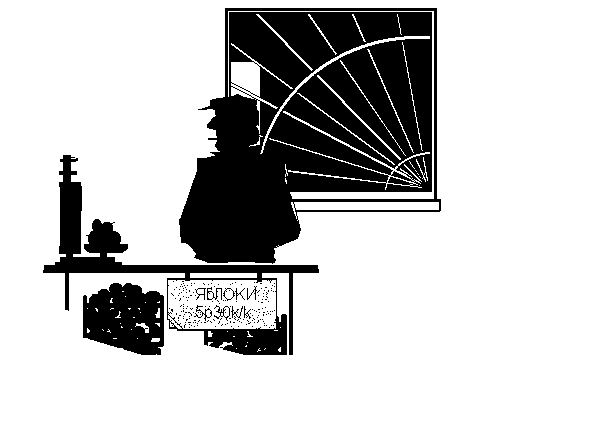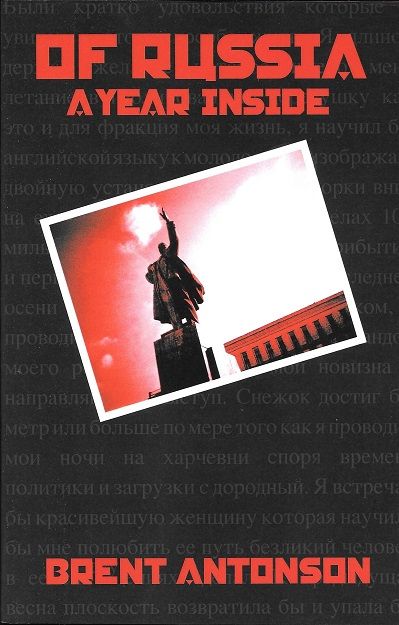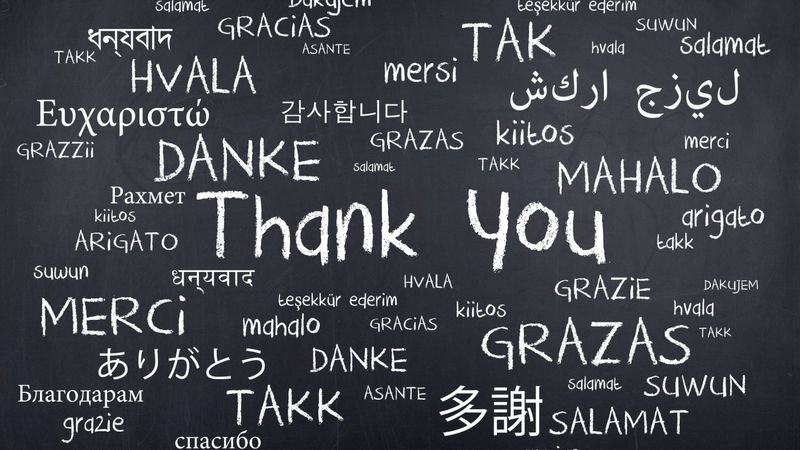Why I Say Thank You
Growing up in the 1980s, my family of four had a ritual: a quick, almost unintelligible grace before dinner. We sped through it like racers eager for a green light, marking the transition from the day's chaos to the warmth of shared meals. This brief prayer was a streamlined version of the lengthier blessings my grandparents offered during family gatherings—our way of honoring the forces that brought our food to the table, a daily Thanksgiving for the nourishment we received.
As I ventured into adulthood, my gratitude transformed into a more secular acknowledgment: “Thank the universe for good food.” Years later, whether indulging in a simple burger and fries or a more elaborate meal, I still find myself whispering a quick grace. It feels presumptuous to assume I deserve this food without recognizing the myriad of hands that brought it to my plate. Not giving thanks seems like a way of taking it for granted.
Surrounding me is a world where stark contrasts abound—hardworking individuals going hungry, good people suffering under the weight of greed, and famines that leave tables barren. I’ve seen neighbors who struggle to find a meal, children who turn their noses up at what’s served, and others who waste perfectly good food. As Zen Master Thich Nhat Hanh wisely said, "This food is the gift of the whole universe—the earth, the sky, and much hard work." I strive to embody that sentiment every time I sit down to eat.

During my time teaching in Russia, I embarked on culinary adventures in search of the perfect ingredients for what I dubbed "the Russian sub." In 2000, the Kursk nuclear submarine had tragically sunk, claiming the lives of all 118 crew members. My sandwich bore that somber name but became a cherished staple during my travels. I sought the finest bread, meat, and cheese, no matter where I found them—be it a Russian kiosk, a Chinese mall, or a bustling Middle Eastern market.
Each endeavor was a culinary quest, navigating my limited Russian to evaluate lard, butter, and cottage cheese. While some options proved unworthy, bread remained a constant. In Russia, I would patiently wait in line for "xlyeb," the bread lady, and take home her freshly baked baguettes. Each culture offered its unique take on bread, and I learned to adapt my creations accordingly.
Finally, I constructed my Kursk Sub, toasting it in an oven or microwave, and savored a meal that I could truly enjoy. Each time I sat down to eat, I offered a quick grace—not to delve into biblical verses, but to acknowledge the forces that assembled my meal. Whether it was crafted by my girlfriend’s culinary skills or hastily acquired from a McDonald's drive-thru, the logistics behind my meal were nothing short of miraculous.
In a world where so many do not have the luxury of choice, my momentary pause to express gratitude embodies my recognition of the farmers, butchers, bakers, and supply chains that converge to bring food to my table. As I prepare to enjoy my meal, I acknowledge that I couldn't have grown a cheeseburger or gathered all its components on my own.
For as long as I can enjoy a meal I could not have created by myself, I will continue to thank the universe for its abundance. In doing so, I honor those who labor to bring food to our tables, appreciating the privilege of being able to say grace—words many around the world may never have the chance to utter: Thank God there was food when I was hungry.


OF RUSSIA: A Year Inside
Brent (Brant is the Russian version) Antonson has seen a Russia few foreigners have. Indeed, few Russians. This young Canadian ventured to Voronezh, eleven hours south of Moscow by train, to spend a year inside a country torn by strife, fresh into a new century, and struggling with the clash between history and future. Tasked with teaching English to students at one university, and then a second, his story is riddled with romance and deception and punctuated with near disaster and disappointment. Antonson's candor and insights set Russia on the edge of failure and achievement – much like the students, he educated, filled with a dash of hope and a lump of fear. His wit did as much to get him in trouble as it did to keep him out of it.






